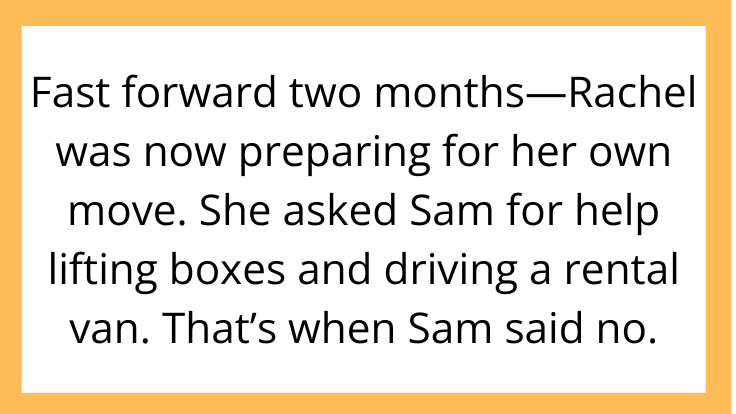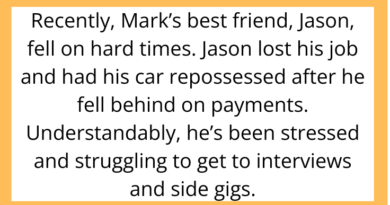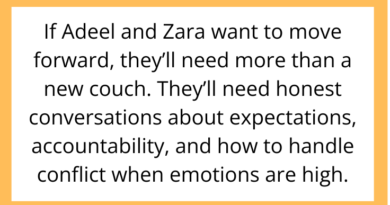AITAH for Refusing to Help My Friend Move After She Backed Out of Helping Me?
Friendships thrive on mutual support—but what happens when that support becomes one-sided? In today’s AITAH-inspired story, we explore a situation that left one person questioning their boundaries, their loyalty, and ultimately, their role in the friendship.
Did they go too far, or were they simply standing up for themselves?
The Backstory: A Deal Between Friends
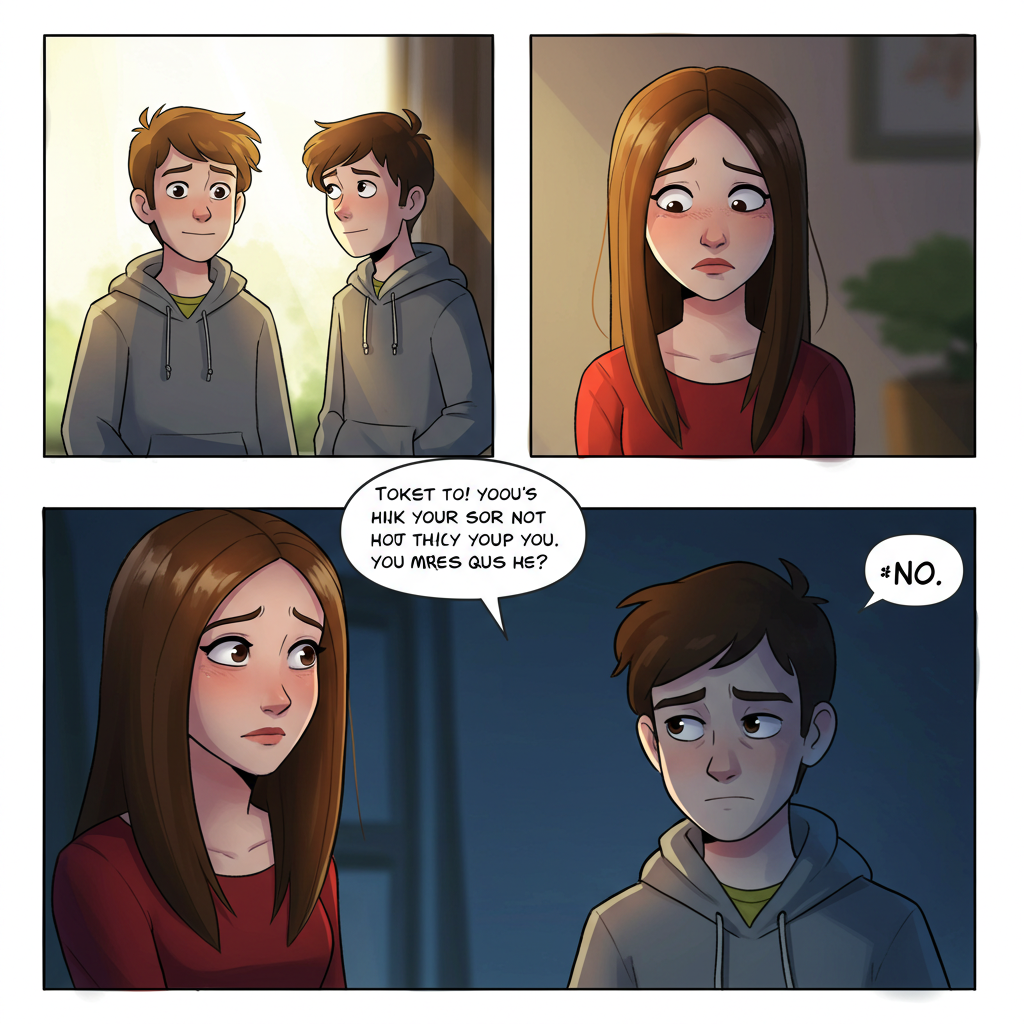
Let’s introduce Sam, a 27-year-old who recently posted on the r/AITAH subreddit. A few months ago, Sam asked their long-time friend, Rachel, for help moving apartments. It was a big move, and Sam didn’t want to hire movers due to budget constraints. Rachel agreed immediately—no hesitation, no conditions.
Come moving day, Rachel didn’t show up.
Her reason? She was “too tired” after a long week at work. She apologized via text a few hours later but never offered to reschedule or make up for it.
Sam was disappointed but didn’t press the issue.
Fast forward two months—Rachel was now preparing for her own move. She asked Sam for help lifting boxes and driving a rental van. That’s when Sam said no.
Drawing a Line: Sam Says “No, Thanks”
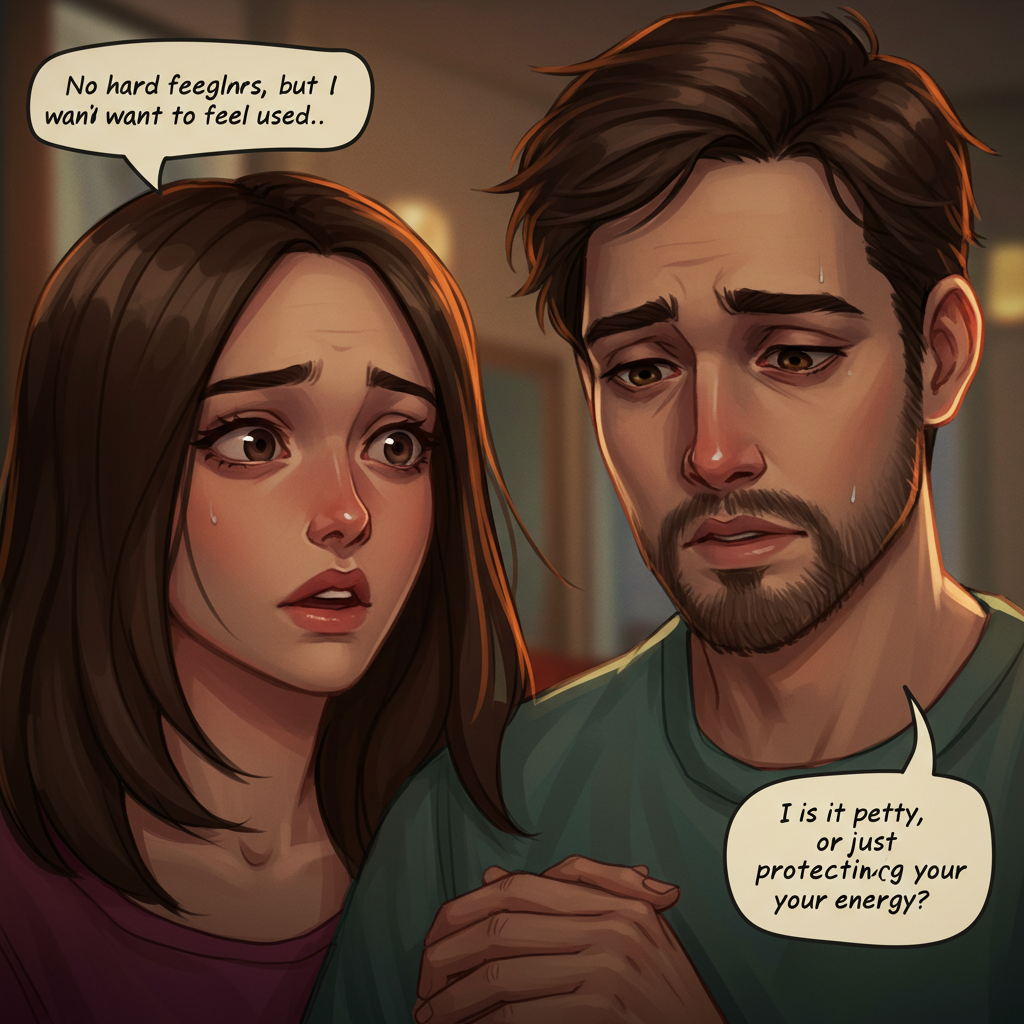
Sam told Rachel that, given the way she bailed on helping them, they didn’t feel comfortable going out of their way to assist her now. They said they weren’t holding a grudge—but they didn’t want to feel used.
Rachel was stunned.
She accused Sam of being petty, unforgiving, and unsupportive. She argued that friends should be there for each other and that Sam was choosing to “keep score” rather than move on.
The disagreement escalated. Other friends in the group started weighing in, and opinions were split.
Sam turned to Reddit to ask: AITAH for refusing to help my friend move after she bailed on helping me?
Intentions vs. Actions: Is Reciprocity Required?
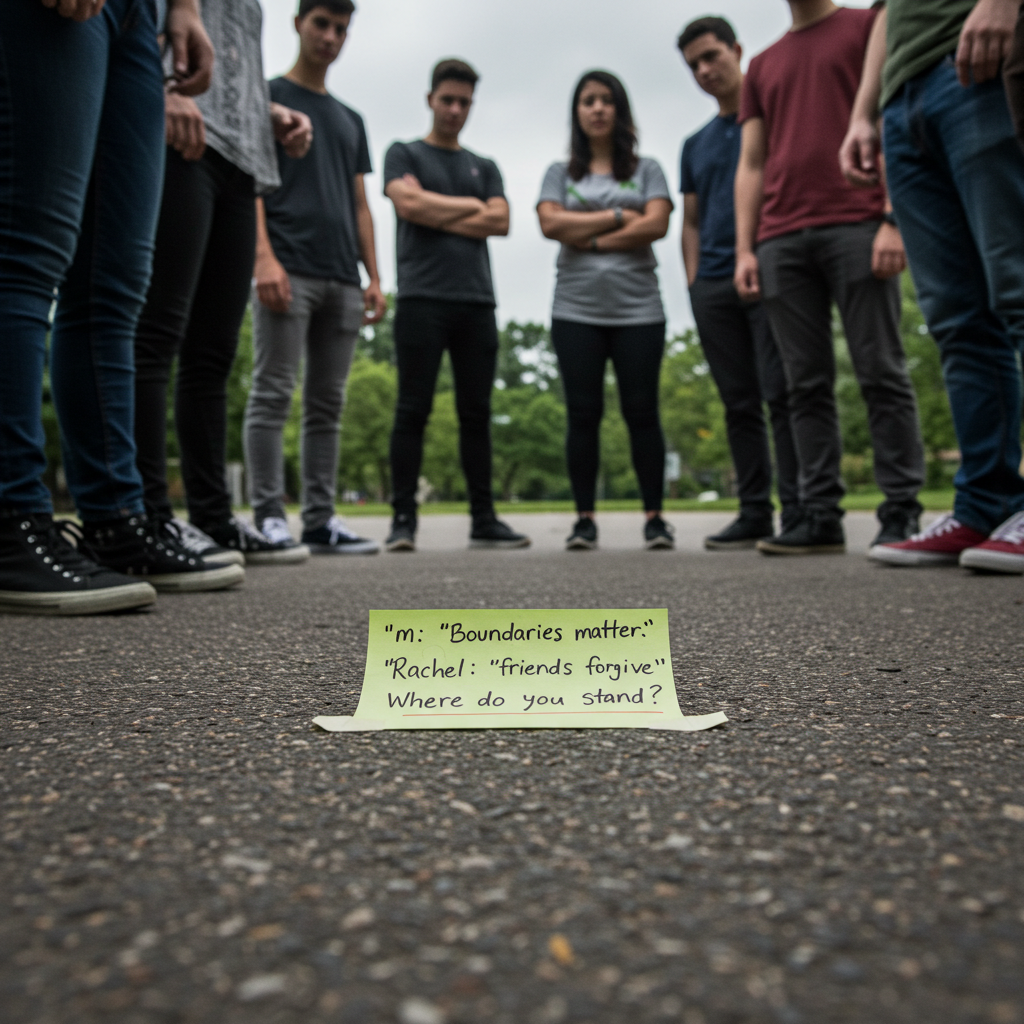
The Case for Sam: Boundaries Matter
From Sam’s point of view, it wasn’t about revenge—it was about fairness. They relied on Rachel when they were vulnerable, and Rachel didn’t follow through. Being “too tired” isn’t the same as an emergency or crisis; it felt like a lack of care.
Helping someone move isn’t a small favor—it’s physically exhausting and time-consuming. Sam wasn’t asking for endless payback, just for Rachel to show the same level of effort she once promised.
Saying no wasn’t about punishment—it was about protecting their own time and energy.
The Case for Rachel: Grace and Forgiveness
Rachel’s side has some merit, too. Maybe she genuinely overestimated her capacity the first time and didn’t know how to back out gracefully. We’ve all dropped the ball before—shouldn’t a strong friendship allow room for forgiveness?
From her perspective, Sam’s refusal could feel like conditional friendship: “I’ll help you only if you help me.” That kind of transactional thinking can sour even the best of relationships.
Rachel likely hoped that one bad moment wouldn’t define the entire friendship.
Reddit’s Verdict: Support… with Conditions?
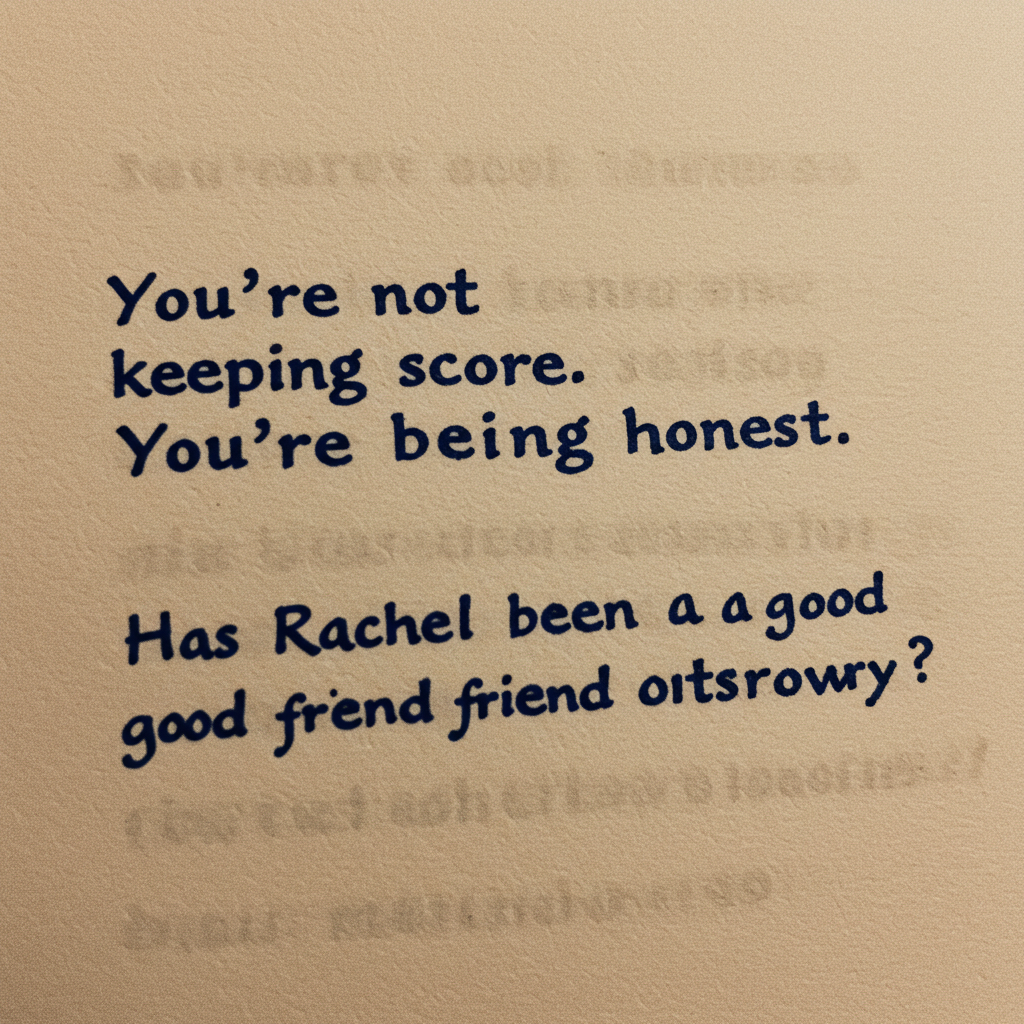
The r/AITAH community came through with thousands of comments. Most agreed: Sam was not the villain.
“You’re not keeping score—you’re setting boundaries,” one user commented. “Friendship is a two-way street, not a favor bank.”
Others shared similar stories of being burned by unreliable friends and choosing to pull back instead of confronting them directly.
A few Redditors, however, did urge Sam to consider context. “Has Rachel been a good friend otherwise? If this is a one-time thing, maybe a conversation would help more than silent refusal.”
The Real Question: When Is It Okay to Say No?
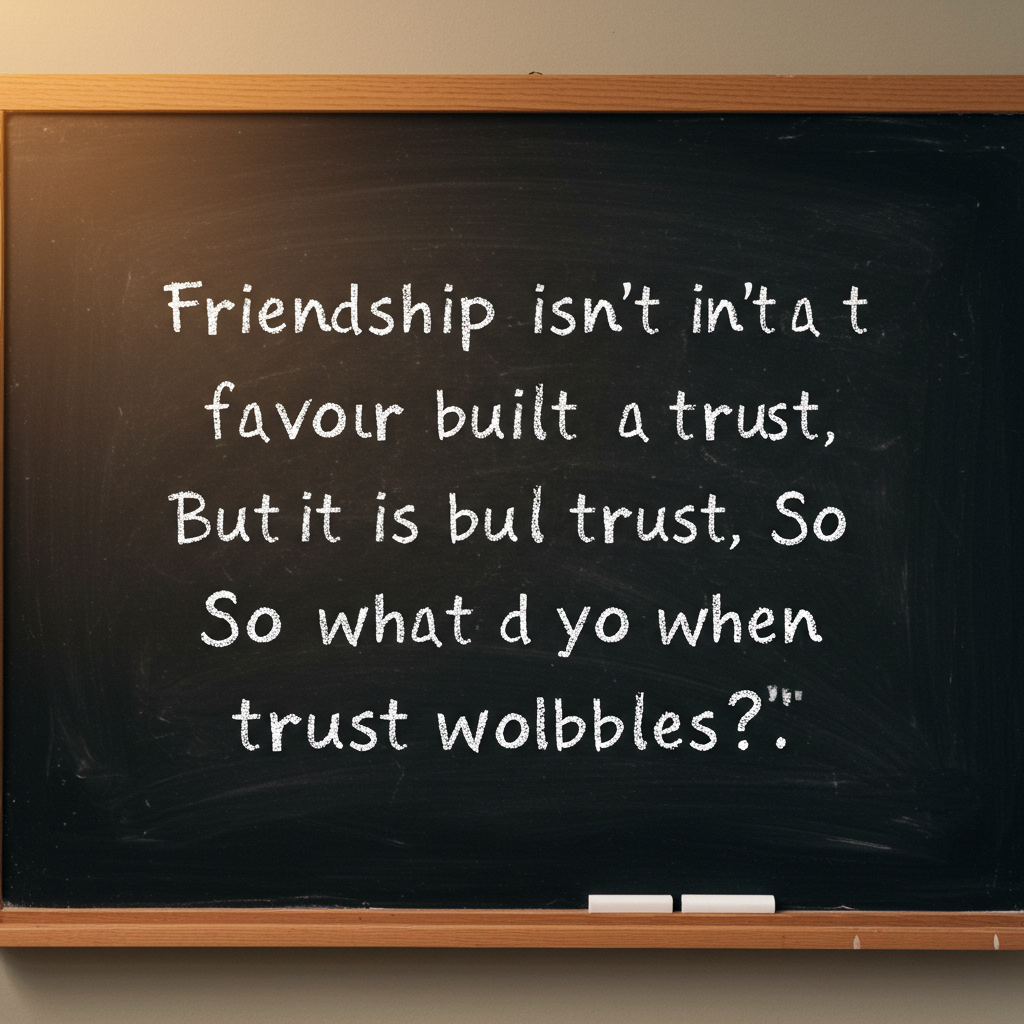
This scenario strikes a deeper chord: When is it okay to say no to a friend?
It depends. If a pattern of behavior suggests someone takes more than they give, it’s reasonable to step back. But if one mistake defines your view of someone, that’s worth questioning, too.
Healthy friendships can handle accountability—but they also thrive on empathy.
Could This Have Been Handled Better?
For Sam:
-
A direct conversation after the first incident might have cleared the air.
-
Explaining the emotional impact of Rachel’s no-show could’ve offered clarity.
-
Refusing to help is fine—but transparency prevents confusion and hurt feelings.
For Rachel:
-
If she knew she couldn’t follow through, early communication would’ve been respectful.
-
A genuine offer to make it up (instead of just apologizing) might’ve saved face.
-
Expecting help without acknowledging past letdowns is a recipe for resentment.
The Final Word: Saying “No” Doesn’t Make You the Villain

Just because you say “no” doesn’t mean you’re a bad friend. It means you’re human. Friendships, like any relationship, need balance—and when that balance tips too far, it’s okay to pause and reassess.
Sam’s decision wasn’t petty—it was honest. And while Rachel’s feelings are valid, so is Sam’s right to protect their peace.
Sometimes, it’s not about who’s the villain. It’s about recognizing when a relationship needs a reset—or a boundary.
